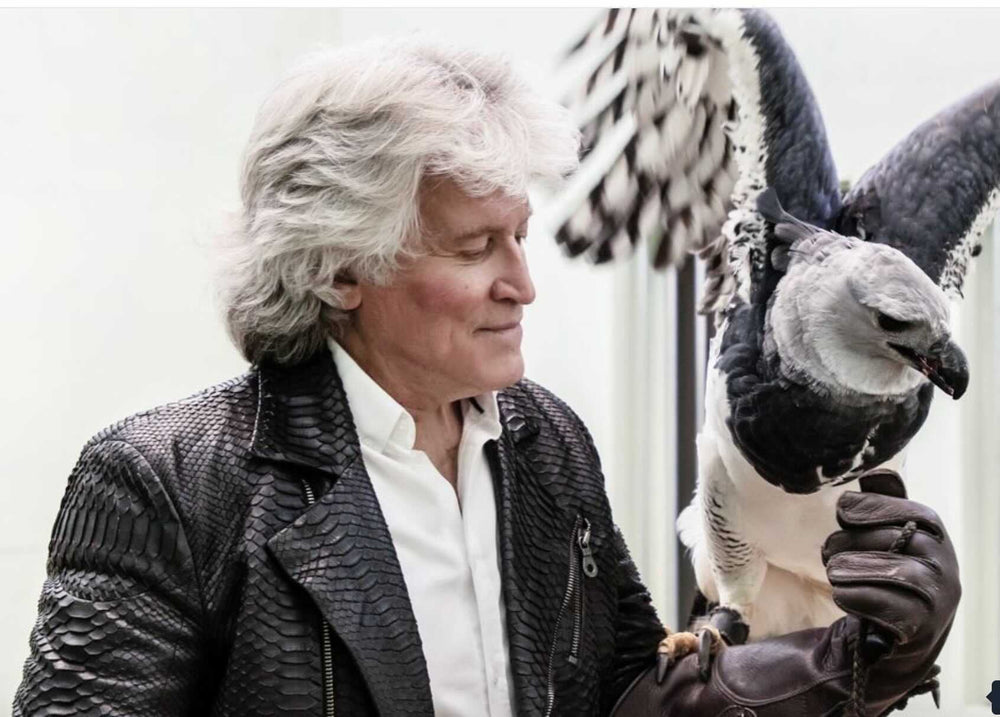CONSERVATION
CURRENT FOCUS
Vultures are considered one of the most threatened groups of animals in the world. The Peregrine Fund's project based in Kenya, along with collaborating partners documented population declines of up to 80% in eight of Africa's 10 vulture species, justifying their uplisting to Endangered or Critically Endangered. When India lost 99% of its vulture population in the early 2000s, the feral dog population expanded to approximately 5.5 million animals that fed on cow carcasses the vultures themselves would have consumed. With the increased number of dogs, approximately 38.5 million more humans were bitten, which led to an excess of 47,000 additional deaths from rabies.
The Robert Comstock company donates a percentage of its profits to support The Peregrine Fund's ongoing efforts in Kenya. Each style represented in this site is paired with a specific project to help stop the killing of Vultures and bring about their recovery. We invite you to participate. 100% of every donation goes directly to support field activities.
The Robert Comstock company donates a percentage of its profits to support The Peregrine Fund's ongoing efforts in Kenya. Each style represented in this site is paired with a specific project to help stop the killing of Vultures and bring about their recovery. We invite you to participate. 100% of every donation goes directly to support field activities.
The Robert Comstock company donates a percentage of its profits to support The Peregrine Fund’s ongoing efforts in Kenya. Each style represented in this site is paired with a specific project to help stop the killing of Vultures and bring about their recovery. We invite you to participate. 100% of every donation goes directly to support field activities.




